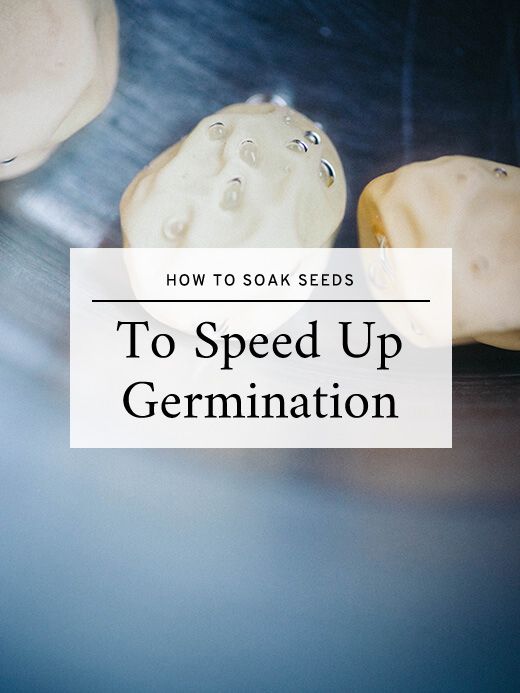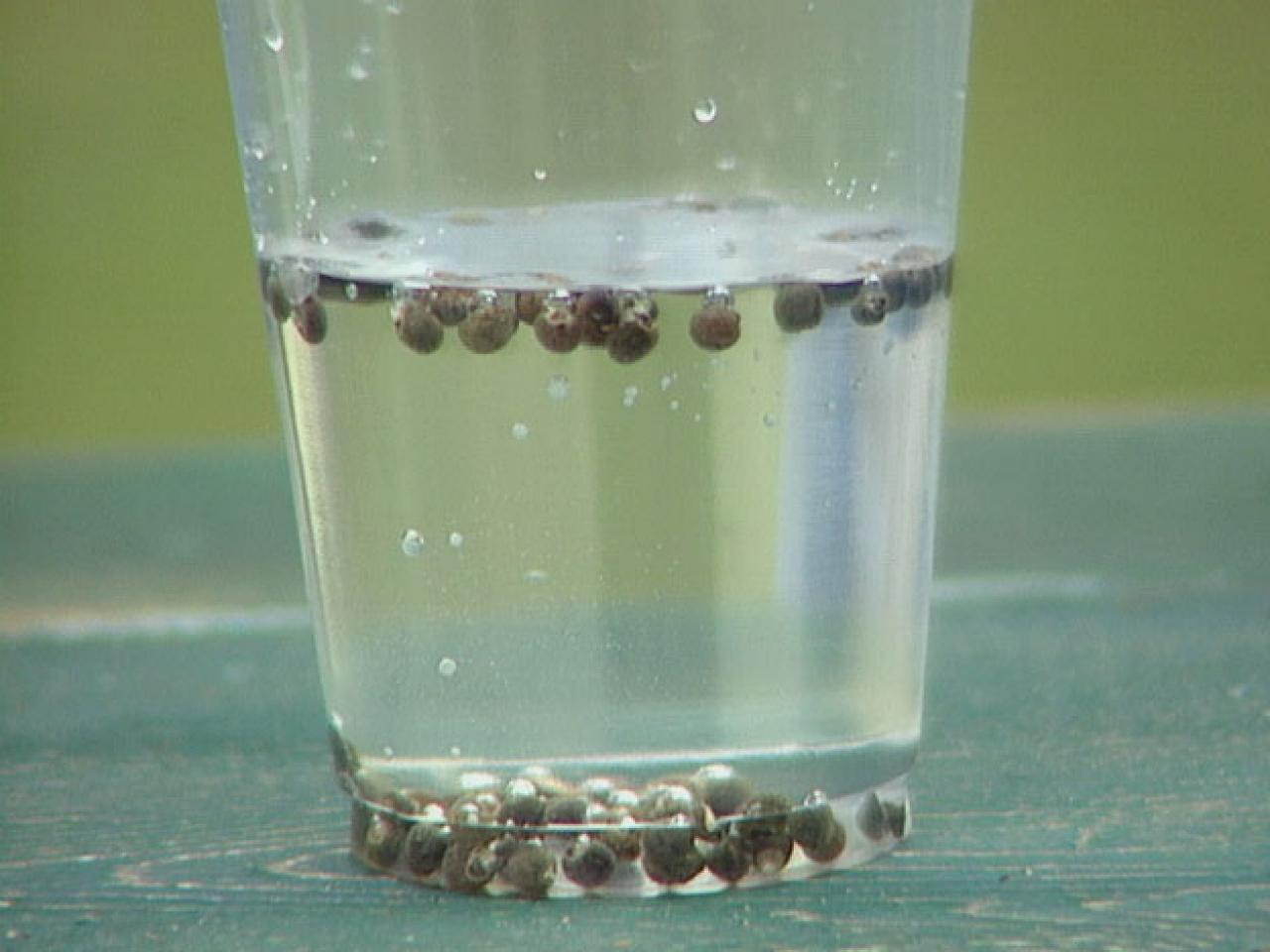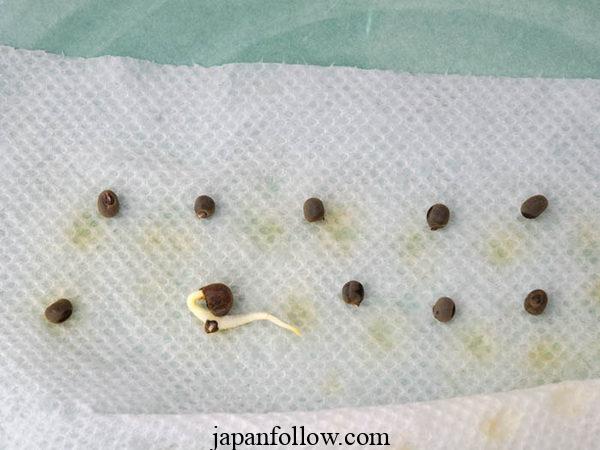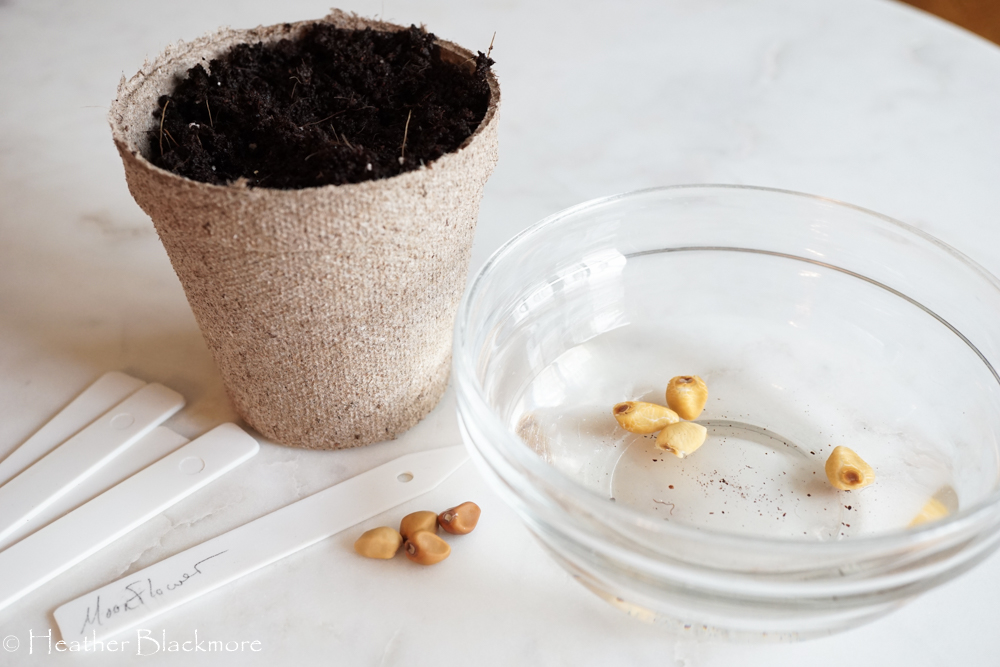
How to Soak Seeds and Speed Up Germination Time
How to Soak Seeds and Speed Up Germination Time Seeds are the essence of life in the plant kingdom, containing the potential for vibrant growth and bountiful harvests. Whether you’re an experienced gardener or a budding enthusiast, understanding the art of seed soaking and its impact on germination time is a valuable skill to possess. […]
How to Soak Seeds and Speed Up Germination Time
Seeds are the essence of life in the plant kingdom, containing the potential for vibrant growth and bountiful harvests. Whether you’re an experienced gardener or a budding enthusiast, understanding the art of seed soaking and its impact on germination time is a valuable skill to possess. In this comprehensive guide, we’ll delve into the intricacies of soaking seeds, revealing the techniques and secrets that can expedite the germination process. By the end of this article, you’ll be armed with the knowledge to outperform your gardening expectations and set the stage for a flourishing green paradise.
The Science Behind Seed Soaking

Before we plunge into the practical aspects of seed soaking, let’s take a moment to understand the science that drives this process. Seeds are nature’s capsules, designed to protect and nourish the embryo until it’s ready to burst forth as a new plant. These capsules are fortified with various compounds, such as inhibitors, that can delay germination until the conditions are ideal.
Soaking seeds serves a dual purpose. Firstly, it rehydrates the seed, softening the outer protective layer and breaking down inhibitors. Secondly, it initiates the metabolic processes within the seed, setting the stage for germination. In essence, soaking seeds is a catalyst for life, ensuring that the seed is primed and ready for its transformation into a thriving plant.
Choosing the Right Seeds for Soaking

Not all seeds are created equal when it comes to soaking. Some seeds benefit more from this process than others. It’s essential to make the right selection to ensure a successful germination.
- Hard-Shell Seeds: Seeds with hard, impermeable shells, like peas and beans, can greatly benefit from soaking. Soaking softens their tough exterior, allowing for quicker and more uniform germination.
- Small Seeds: Tiny seeds, such as lettuce or carrot seeds, can be challenging to handle during planting. Soaking these seeds before sowing makes them easier to work with and ensures even distribution.
- Old Seeds: If you have seeds that have been stored for an extended period, soaking can help revitalize them, increasing the chances of successful germination.
- Seeds Prone to Slow Germination: Some seeds are known for their slow germination rates. Soaking can give them a jump start and reduce the waiting time for sprouts to appear.
The Soaking Process

Now that you’ve selected the right seeds for soaking let’s explore the step-by-step process of seed soaking:
1. Gather Your Materials
You’ll need the following items:
- Seeds: The stars of the show.
- Container: Choose one that’s appropriate for the quantity of seeds you’re soaking.
- Water: Use room temperature, chlorine-free water for best results.
2. Measure and Rinse
Place the seeds in a clean container and add water. The water should cover the seeds with about an inch of extra depth. Gently stir the seeds, then pour the water and seeds through a strainer to remove any debris.
3. Soak the Seeds
Return the rinsed seeds to the container and add fresh water. Cover the container with a lid or cloth to prevent evaporation. Allow the seeds to soak for the recommended time, which varies depending on the type of seed.
4. Drain and Rinse Again
Once the soaking time is up, drain the water from the seeds and give them another gentle rinse. This step helps remove any remaining inhibitors and promotes a healthy start for your seeds.
Soaking Time Guidelines

The duration of soaking varies from one type of seed to another. Here are some common guidelines:
- Large seeds (e.g., beans and peas): Soak for 8-12 hours.
- Small seeds (e.g., lettuce and carrots): Soak for 4-6 hours.
- Old or slow-germinating seeds: Soak for up to 24 hours, but check them periodically.
Tips for Successful Seed Soaking

- Temperature: Maintain a consistent room temperature throughout the soaking process.
- Timing: Follow the recommended soaking times for your specific seeds.
- Monitoring: Check the seeds during soaking to avoid over-soaking, which can lead to rot.
Planting Soaked Seeds
Once your seeds are thoroughly soaked and rinsed, it’s time to plant them. The softened seeds will germinate more quickly, leading to a healthier start for your plants. Here’s how to proceed:
- Prepare Your Soil: Make sure the soil in your garden bed or seed tray is well-prepared and weed-free.
- Plant: Make small holes or furrows in the soil and place the soaked seeds at the appropriate depth for the type of plant you’re growing.
- Cover and Water: Gently cover the seeds with soil, pat it down, and water the area thoroughly. Maintain consistent moisture levels to support germination.
- Patience and Observation: Keep a close eye on your planted seeds and watch for signs of germination. You’ll be amazed at how quickly they sprout compared to non-soaked seeds.
FAQ
Q: Can I soak seeds for too long?
A: Yes, over-soaking seeds can lead to rot and hinder germination. Be sure to follow the recommended soaking times for your specific seeds.
Q: Can I use tap water for soaking seeds?
A: While tap water is generally safe, it’s better to use chlorine-free water to prevent any potential adverse effects on seed germination.
Q: Should I soak all types of seeds?
A: Not necessarily. Some seeds, like those of brassicas (e.g., broccoli and cabbage), may not benefit from soaking. It’s essential to research each seed type before attempting to soak them.
Q: Can I use a plastic container for soaking seeds?
A: Yes, plastic containers are suitable for soaking seeds, as long as they are clean and free from any residue or contaminants.
Q: Do soaked seeds need special care after planting?
A: Once soaked seeds are planted, they require the same care as non-soaked seeds. Maintain proper moisture levels, and your plants will thrive.
In conclusion, mastering the art of seed soaking is a valuable skill that can significantly accelerate the germination process and lead to healthier, more robust plants in your garden. By following the guidelines and tips outlined in this guide, you’ll be well on your way to becoming a successful gardener and experiencing the joy of watching your seeds sprout and flourish. So, grab your seeds, a container, and get started on your journey to faster germination and a greener world. Happy gardening!
tag
- chicken feed
- how to Keep Chickens Off Your Porch
- How to grow oyster mushrooms at home
- Growing Kale in Pots






